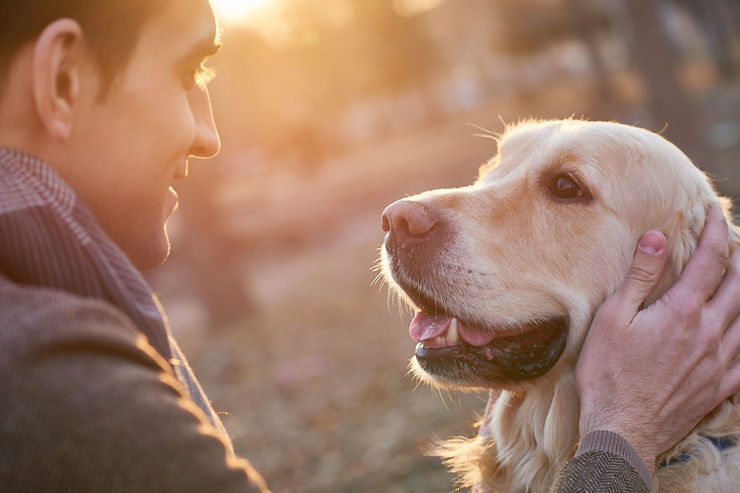By: Kobe Cheng
On June 13th, 2022, Kelly Oakes posted an article on BBC about what happens when
an animal is brought into a household, and the impact it has on children’s lives.
Using data from a study of 4,000 children between ages five and seven, Haley Christian
an associate professor at the School of Population and Global Health at the University of
Western Australia in Perth, and other colleagues discovered that pet ownership was met with
fewer peer problems and even more prosocial behavior.
Other research found that children aged 2 to 5 with a family dog spent less time on
screens, were more active, and experienced benefits in terms of their social-emotional
development,” says Haley Christian, who is also a senior research fellow at the Telethon Kids
Institute.
Also, children 10–12 years with a family dog are 50% more likely to achieve the
recommended level of physical activity compared with non-dog owners. Crucially, it was the
dog-facilitated physical activity, such as going on family dog walks. Researchers saw that
children who regularly engaged in dog-related physical activity had better developmental
outcomes.
The Australian longitudinal study saw that children without siblings can especially benefit
from pets, maybe because they sometimes act as a surrogate sibling. “Parents are more likely
to allow their child to be independently mobile if they went with a sibling or a friend, and guess
what else? A dog.” says Haley Christian.
A child’s age can also help determine how solid their relationship with a particular pet
becomes. Children aged between six and ten develop stronger bonds with animals that are
more similar to humans, like cats and dogs, than with biologically far-removed species like birds
and fish. But older children, aged between 11 and 14, say that they are just as attached to less
closely-related species including mice as they are to their dogs or cats.
Pets can act as playmates for young children, help couples to cement their relationship,
and provide companionship for parents when children leave home.
Sources: https://s3.amazonaws.com/appforest_uf/f1655668327555x631845242129933800/How%20pets %20give%20your%20kids%20a%20brain%20boost%20-%20BBC%20Future.pdf https://www.sciencedirect.com/science/article/pii/S2211335522000602#b0035











